No products in the cart.
We deliver to:
🇦🇺 Australia
🇨🇦 Canada
🇨🇿 Czechia
🇩🇰 Denmark🇪🇪 Estonia
🇮🇪 Ireland
🇮🇱 Israel
🇮🇹 Italy
🇯🇵 Japan
🇲🇽 Mexico
🇵🇱 Poland
🇰🇷 South Korea
🇨🇭 Switzerland
🇬🇧 United Kingdom
🇺🇸 United States of Americaand more
We deliver to:
🇦🇺 Australia
🇨🇦 Canada
🇨🇿 Czechia
🇩🇰 Denmark🇪🇪 Estonia
🇮🇪 Ireland
🇮🇱 Israel
🇮🇹 Italy
🇯🇵 Japan
🇲🇽 Mexico
🇵🇱 Poland
🇰🇷 South Korea
🇨🇭 Switzerland
🇬🇧 United Kingdom
🇺🇸 United States of Americaand more
[category_image]
Herbion primrose syrup bottle 150 ml with measuring spoon
$22.55
The drug Herbion primrose syrup contains aqueous extracts of primrose root, thyme herb and levomenthol. The effect is based on pharmacological research and many years of practical use.
Categories: Cold and flu
Brand: KRKA
Pharmacological properties
The drug Herbion primrose syrup contains aqueous extracts of primrose root, thyme herb and levomenthol. The effect is based on pharmacological research and many years of practical use. These active substances facilitate the expectoration of thick mucus from the bronchi in respiratory inflammation, colds and flu.
Due to the high content of saponins, the drug Herbion primrose syrup is used as an expectorant. Saponins stimulate the gastric mucosa, which through the vagus nerve stimulates an increase in the reflex of bronchial secretion and improves expectoration due to the dilution of bronchial secretions. The surface activity of saponins is expressed in the formation of a monomolecular film that envelops the mucous membrane of the respiratory tract and thus contributes to the local dilution of thick mucus.
Thyme herb extract acts as an expectorant and bronchospasmolytic due to the content of essential oil, the main part of which is excreted through the lungs. On its way to the lungs, the drug improves mucus secretion and expectoration, while also having a mild antispasmodic effect on the smooth muscles of the respiratory tract and thus reducing spasm. Thymol, the main component of the essential oil, has an antiseptic effect.
Levomenthol has antiseptic and analgesic effects. Levomenthol is often used for bronchitis and sinusitis.
After oral administration of the drug Herbion primrose syrup, the main component of the essential oil of thyme extract – thymol – is rapidly absorbed. Its C max in blood plasma is reached after 1.97 hours. In the body, thymol breaks down into sulfate and glucuronide. Blood plasma contains mainly sulfate. Part of thymol or thyme essential oil is excreted through the lungs. During the day, 16% of thymol is excreted in the urine in the form of glucuronide and sulfate.
Levomenthol is easily soluble in fats and therefore well absorbed through the intestinal mucosa into the blood, from where it enters the liver. In the liver, it is first hydroxylated, and then bound to glucuronic acid. It is excreted in the bile and urine. During the day, 35-50% of the dose of levomenthol taken is excreted in the urine.
Indication
As an expectorant for inflammatory diseases of the respiratory tract, accompanied by impaired sputum discharge, acute respiratory diseases accompanied by spastic cough, irritating cough in pharyngitis, tracheitis.
Application
Children aged 4-10 years are prescribed 1 measuring spoon of syrup 3 times a day; at the age of 10-16 years – 1-2 measuring spoons of syrup 3 times a day; adults and children over 16 years – 2 measuring spoons of syrup 3-4 times a day.
Patients should not consume food or drink immediately after taking the drug, as this may accelerate the elimination of the drug from the mucous membrane of the mouth and throat.
The drug must be shaken well before use.
Contraindication
Hypersensitivity to the active substances or any inactive component of the drug, gastritis, stomach ulcer.
Side effects
Side effects that may occur during the use of Herbion primrose syrup are classified into the following groups according to frequency: very common (≥1/10), common (≥1/100, 1/10), uncommon (≥1/1,000, 1/100), rare (≥1/10,000, 1/1,000), very rare (1/10,000), frequency unknown (frequency cannot be determined from the available data).
On the part of the immune system: rarely – hypersensitivity reactions.
From the gastrointestinal tract: very rarely – stomach disorders, nausea and vomiting.
If the symptoms of the disease do not decrease during the period of use of the drug or if side effects not listed in this list occur, you should consult a doctor.
Special instructions
The drug contains sucrose, so it is not recommended for people with diabetes.
If you experience shortness of breath, fever, or purulent sputum, you should consult a doctor.
Special information about some of the inactive ingredients. Herbion primrose syrup contains sucrose. Therefore, patients with rare hereditary problems of fructose intolerance, glucose-galactose malabsorption or sucrase-isomaltase deficiency should not take this medicine.
Methyl parahydroxybenzoate (E218) may cause allergic reactions (possibly delayed).
Pregnancy and breastfeeding. The syrup should not be used during pregnancy and breastfeeding, as data on the safe use of the drug during this period are limited.
Children. The syrup is not recommended for use in children under 4 years of age without prior consultation with a doctor.
There is no data on the ability to affect the reaction speed when driving vehicles or working with other mechanisms.
Interactions
Unknown.
Overdose
Overdose of the drug may cause gastrointestinal disorders: vomiting or diarrhea. Treatment is symptomatic.
Storage conditions
At temperatures up to 30 °C. Do not store in the refrigerator. After opening the bottle, the syrup should be used within 3 months.
Be the first to review “Herbion primrose syrup bottle 150 ml with measuring spoon” Cancel reply
You may also like

Eucazolin Aqua nasal spray 1 mg/g bottle 10 ml
Nasalong nasal spray dosed 0.05% bottle of 10 g
Solpadeine Active tablets effervescent strip 12 pcs
Rated 4.00 out of 5

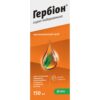
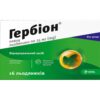
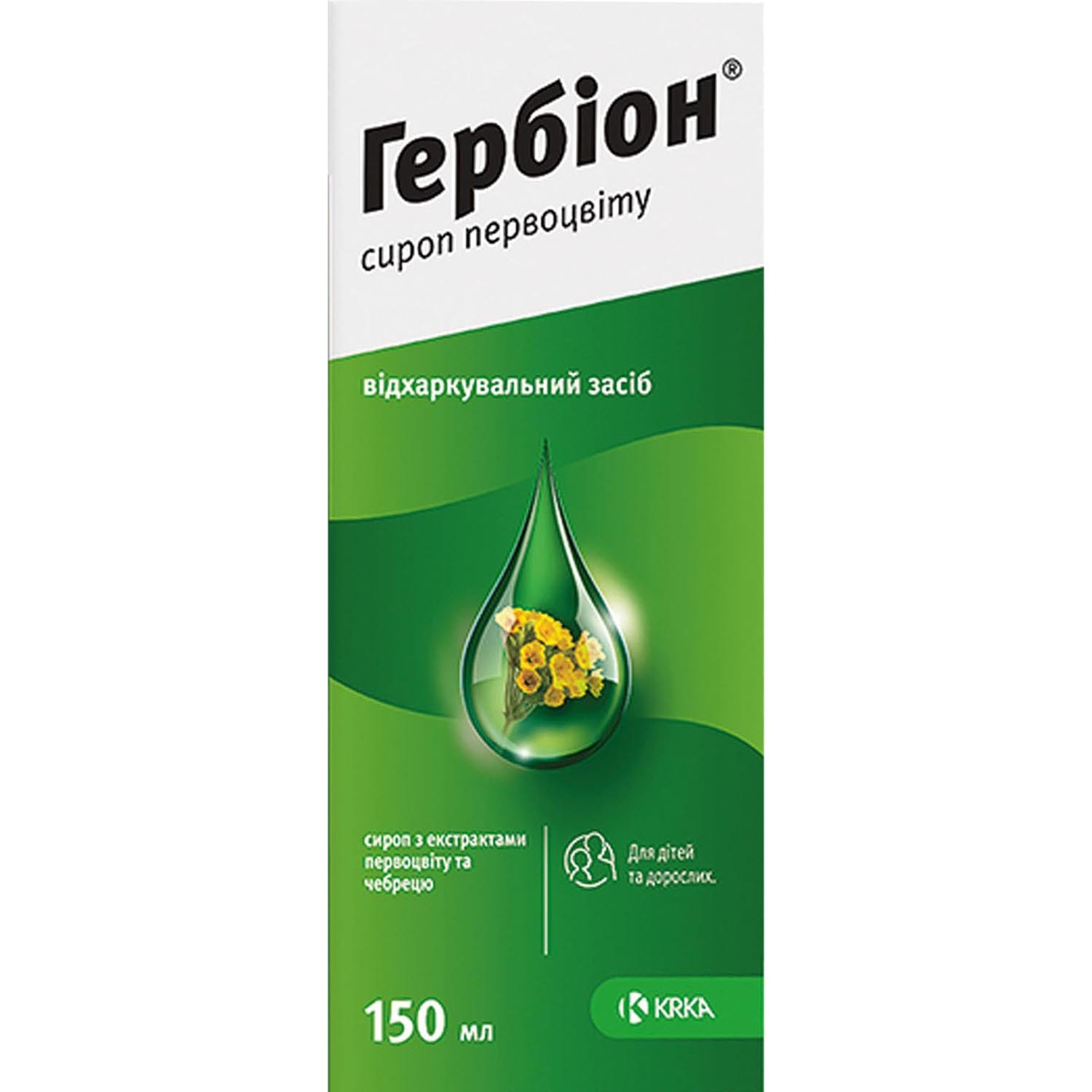
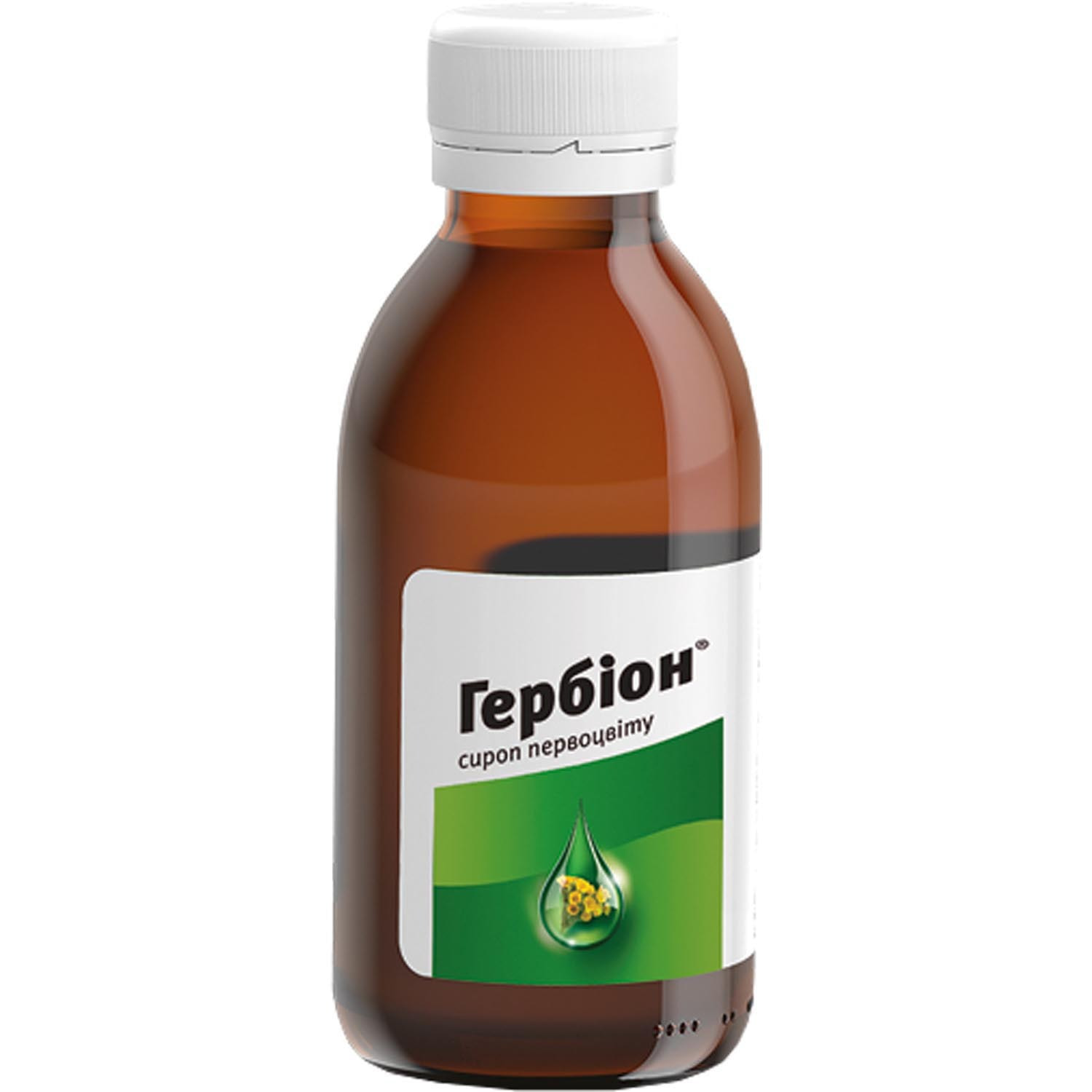



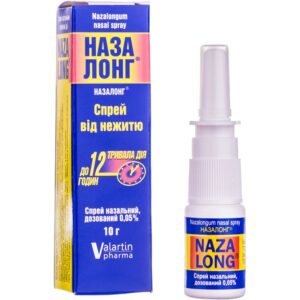
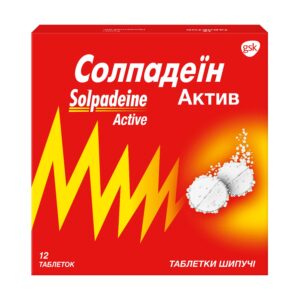
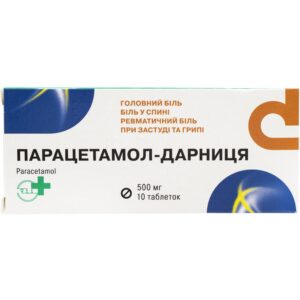
Reviews
There are no reviews yet.